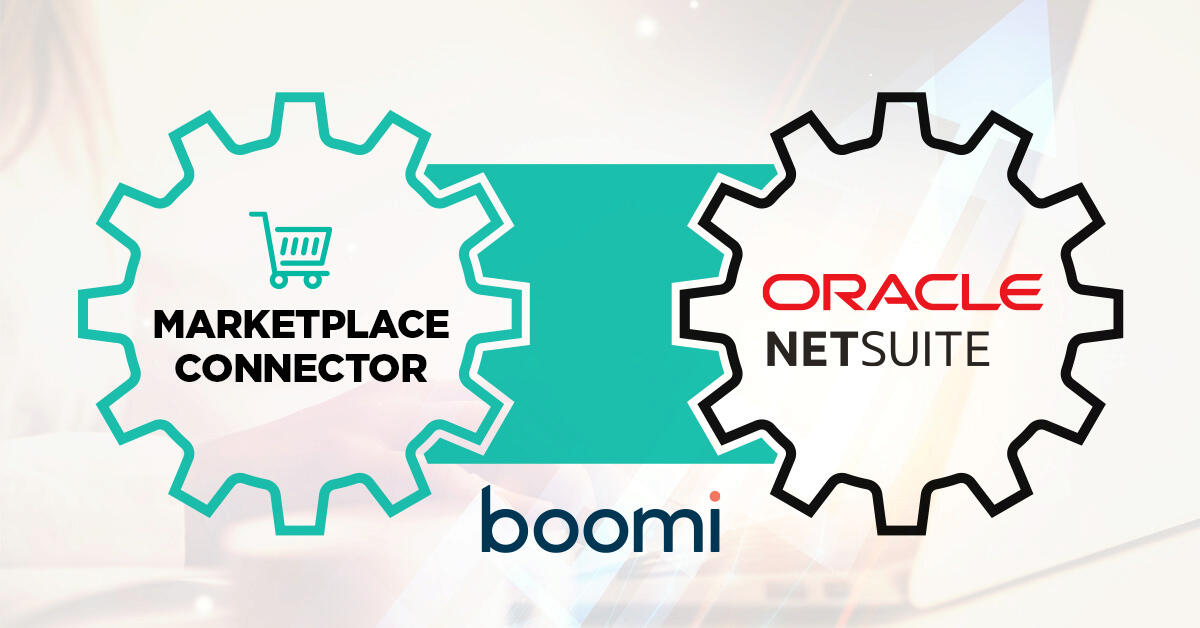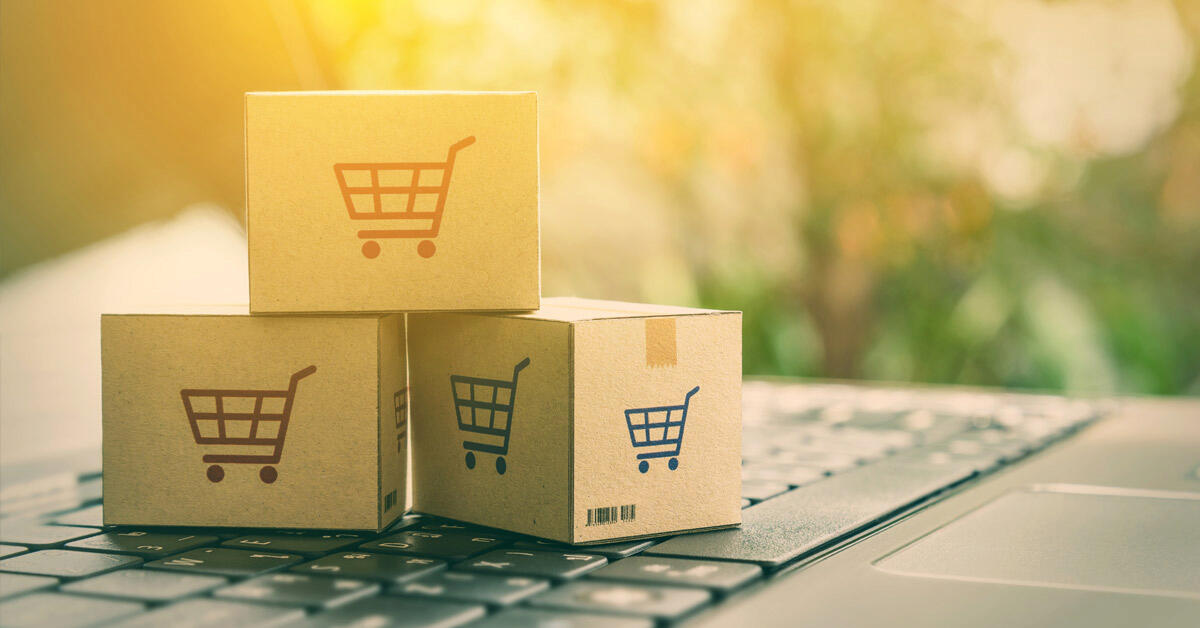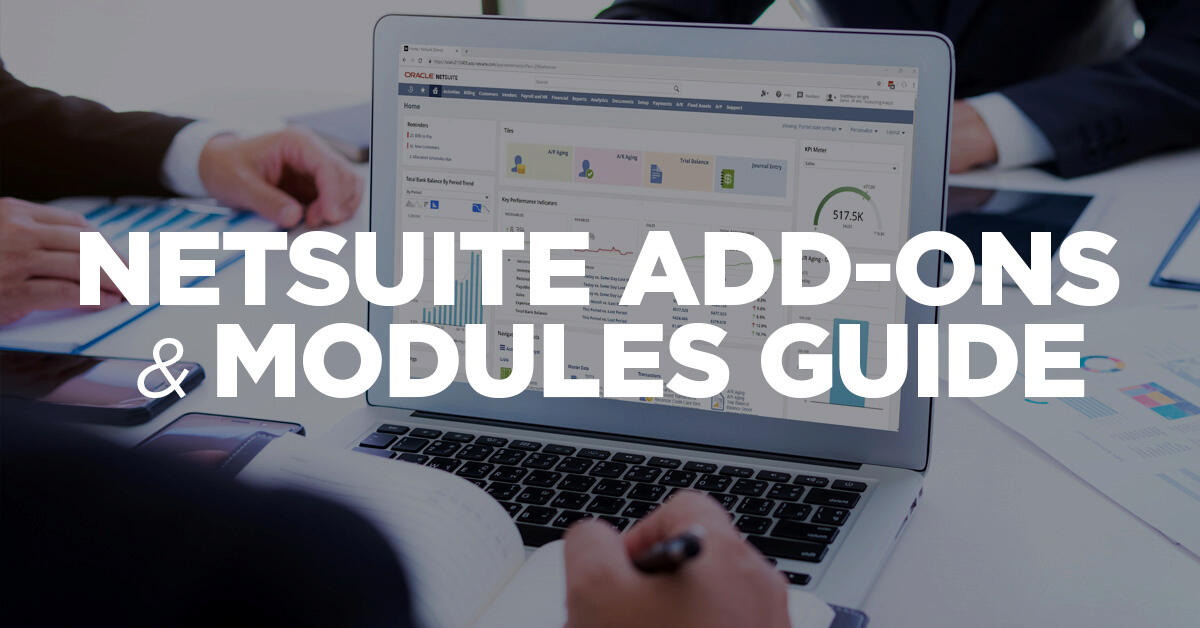GURUS Cloud Connect Ep. 13
How to Survive Tax Season?
How can you prepare your business for tax season? Join Elizabeth Fraser and George Padilha from Avalara to find out the tools at your disposal to mitigate the work ahead of the upcoming tax season for brick-and-mortar and eCommerce retailers.
Episode Topics:
| | How do you know if your organization is ready for tax season? |
| | How can you simplify sales tax? |
| | What is Avalara’s technology to calculate tax accurately and automatically |
| | The ins and outs of taxes for eCommerce and retail organizations |
| | How can omnichannel retailers mitigate the risks of tax season? |
| | Why your ERP can help overcome the challenges of state-by-state taxation rules |
| | What are the latest changes in tax laws that impact businesses |
| | How can you benefit from Avalara’s integrations with NetSuite and Shopfiy |
| | The Wayfair act and its impact on today’s eCommerce world |
Episode Overview:
How to prepare my retail or eCommerce business for tax season? Year after year, tax season is a challenging time for all businesses due to regional differences, new regulations and the latest eCommerce trends, but the right tools can help mitigate the risks and perils of filing your taxes properly.
In this latest episode of GURUS Cloud Connect, we’re joined by Avalara, the industry leader in cloud-based taxation compliance tools. We address tax season preparation tips, best practices in landing cost calculation and tax compliance risk mitigation for omnichannel retailers. For our viewers that are NetSuite Users, we discuss the benefits of Avalara’s sales tax integration for NetSuite.
Our guest for this segment is:
George Padilha, the National NetSuite Partnership Strategic Alliance Manager and Elizabeth Fraser, the NetSuite Strategic Alliances Manager at Avalara
More than 30,000 customers use Avalara for tax compliance tools to reduce the hassle and complexity of tax compliance at every stage. By automating compliance, Avalara helps to determine tax obligations, calculate sales tax, manage exemptions and filing tax returns.
Episode Takeaways (Q&A with George Padilha and Elizabeth Fraser):
Can you talk to us about how tax laws are changing in 2021 and how these changes are affecting the rules, rates and boundaries of tax compliance?
George Padilha: We’re in a situation that no one’s ever been in before! Traditionally, people bought things in stores, and while they’d have an online presence, there wasn’t the huge hump in eCommerce as we’ve seen from 2019 to 2020. Because of this, certain states weren’t collecting sales tax on eCommerce, but they’ve realized they can’t lose as much money so they’re enacting new laws to collect sales tax online.


How are the different laws, in different states, complicating the whole process?
George Padilha: Certain states, like California, require $500,000 in online transactions or sales before requiring companies to collect sales tax. In Kansas, if you sell $1, you’re now required to collect the sales tax. Avalara dynamically knows what are the rates for specific products, but it will also let you know what is the taxability rate for specific states.
Why is it so hard for eCommerce companies who run on Shopify to handle tax returns?
Elizabeth Fraser: eCommerce companies can easily trigger the new economic nexus laws in place. Most of them run on a shopping cart like Shopfiy and they can’t automate things like tax remittance. It becomes a nightmare to try and process these remittances manually in multiple states. Some of the nuances, filing requirements and different schedules happen at the city level as well! Avalara can help to automate this process.

At a high level, how does Avalara help to simplify tax compliance?
Elizabeth Fraser: Avalara is designed to automate the sales tax compliance challenges. We have over 800 pre-built connectors to help companies of all sizes and all levels. We also help to manage exemption certificates and filing tax remittances. Our dynamic tax calculations are updated in real-time and take into account the tax exemption certificates.
George Padilha: Our products help our customers to automate their systems and update exemption certificates automatically.

What about landing cost calculation?
George Padilha: Avalara calculates this. We have a VP who lives in Canada and ordered a GoPro from the United States. He paid $99, but when his package arrived at his doorstep, where had to pay the postman another hundred dollars because of landed cost. It gives a poor customer experience. You need to be accurate in terms of calculating landing costs.
How does integrating NetSuite and Avalara help to solve the online retailers’ pain points?
George Padilha: Those two systems integrate seamlessly. Avalara can take care of complex tax rules, but we can also integrate our solution into POS systems. We also manage the product taxability. We have a dynamic solution, especially if you do business in more than three states.

What is the Wayfair Act and how is it impacting eCommerce?
George Padilha: In 2004, the Supreme Court heard a case between North Dakota and Quill Corp, where the state told them that since they were selling to their residents, they had to collect sales tax, even if they didn’t have any physical presence. The Supreme Court sided with Quill Corp and they didn’t have to collect sales tax. Fast forward to 2018, the same case happens with different plaintiffs and defendants, but this time in South Dakota and they told Wayfair that they needed to collect sales tax. Wayfair cited the 2004 decision because they don’t have a physical presence. This time the Supreme Court sided with the state. The big difference is how the Internet changed the landscape of how we do business now. Online retailers have an unfair advantage over brick-and-mortar stores because they didn’t have to charge sales tax. Now, for example, if you have an office in North Carolina, you are required to collect sales tax. Services are being taxed too.
What does that mean for the future of eCommerce businesses?
George Padilha: States are changing their laws because they’re realizing they’re not making money. For businesses, this means they may have to file tax returns in 10, 15, 20, 30 or more states and doing so is not a very good use of time for those retailers. We have everything necessary to help them navigate this easily.


What about omnichannel retailers?
Elizabeth Fraser: There are just so many different avenues of sales for them, like running a brick-and-mortar store with static tax sales, or an online channel with sales tax challenges at the state level. There are also marketplaces like Amazon. Sometimes they collect sales tax, but sometimes it’s the seller’s responsibility. Lastly, there are also international requirements. After calculating the taxes, you may have to file and remit too. This is where we automate this process.
Whether you’re already using an ERP or shopping for one, trying to optimize your tax filing processes or have any questions, you can contact Avalra or GURUS Solutions., We collaborate closely to make your next tax season seamlessly easy.



